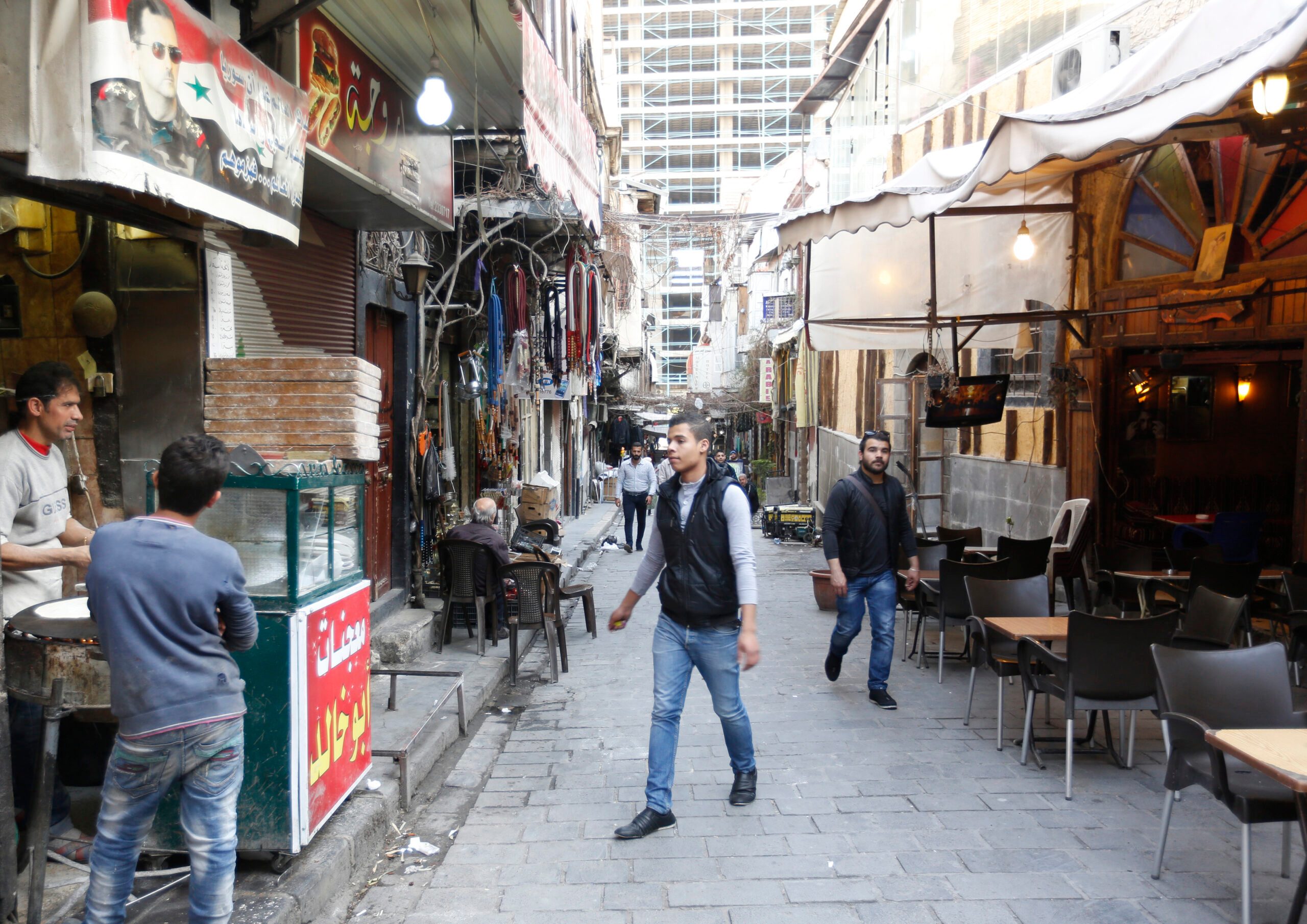SUMMARY
This is AI generated summarization, which may have errors. For context, always refer to the full article.

BEIRUT, Lebanon – Syria’s opposition on Monday, March 7, agreed to attend a new round of UN-sponsored peace talks set for this week in Geneva after a landmark ceasefire led to a dramatic drop in fighting.
The truce between President Bashar al-Assad’s regime and non-jihadist rebels, brokered by Russia and the United States, has defied expectations and led to the first significant decline in violence in Syria’s nearly 5-year civil war.
The United Nations is hoping it can now restart talks on a political transition that collapsed last month in Geneva.
The opposition, represented by the Riyadh-based High Negotiations Committee, had held off on committing to the talks but on Monday said the 10-day-old “cessation of hostilities” was making a difference.
“After consultations, the High Negotiations Committee agreed to go to Geneva. The delegation is expected to arrive on Friday,” Riad Naasan Agha, a spokesman for the group, told AFP.
“We have noticed a sharp decline in ceasefire violations in recent days and progress in the humanitarian file,” particularly with regards to aid deliveries to besieged towns, Agha said.
The ceasefire agreed on February 27 is part of the biggest diplomatic effort yet to resolve Syria’s conflict, which has killed more than 270,000 and forced millions of people from their homes.
‘Calmest day’ since truce
Russia and the United States are on opposing sides of the conflict – Moscow backs Assad and Washington supports the opposition – but the two powers have made a concerted push for the ceasefire and further peace efforts to succeed.
Observers say the partial truce, which does not apply to extremists from the Islamic State group or the Al-Qaeda-affiliated Al-Nusra Front, has largely held despite widespread skepticism before it took effect.
The Syrian Observatory for Human Rights, a Britain-based monitor, said Sunday had been the “calmest day” in Syria since the ceasefire began.
Observatory chief Rami Abdel Rahman told AFP that the average number of civilian deaths a day had fallen by 90% since the ceasefire came into force, with an 80% decline among soldiers and rebel forces.
Moscow, which has provided a daily account of ceasefire violations, said Monday that the truce was still “in general” holding apart from unspecified “isolated provocations and shelling.”
It said Russian planes were continuing to carry out air strikes against ISIS and Al-Nusra in 3 provinces, including on the main ISIS stronghold of Raqa.
Russia launched an air campaign in September it says is targeting “terrorists” but has been accused of hitting non-jihadist rebels in support of Assad’s forces.
A US-led coalition has also been carrying out air strikes since September 2014 against ISIS in both Syria and Iraq, where the jihadist group has seized control of significant territory.
‘Only way to end violence’
The UN Syria envoy, Staffan de Mistura, said at the weekend that the Geneva peace talks would resume on Thursday, but many delegates are not expected to arrive until several days later.
A plan agreed by world powers last year calls for a ceasefire, the creation of a transitional body, the drafting of a new constitution and fresh elections.
The main sticking point in negotiations has been the fate of Assad, who the opposition insists must step down for any transition to work.
In a telephone call on Sunday, US Secretary of State John Kerry and Russian Foreign Minister Sergei Lavrov – the key architects of the ceasefire – welcomed “the sharp decline in violence.”
The Russian foreign ministry said the two warned against “any delay in starting the process” of negotiations.
At the start of a visit to the Middle East, US Vice President Joe Biden admitted that finding a political solution would be difficult but said there was no other choice.
“So as hard as it is, we have to keep trying to reach a political settlement,” he told Abu Dhabi newspaper The National.
“A political solution between the parties is the only way to end the violence and give the Syrian people the chance they deserve to rebuild their country.” – Rana Moussaoui, AFP / Rappler.com
Add a comment
How does this make you feel?
There are no comments yet. Add your comment to start the conversation.